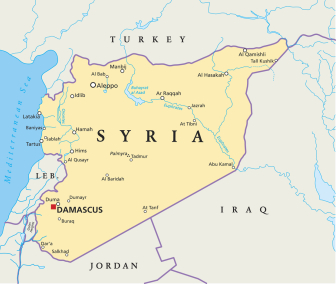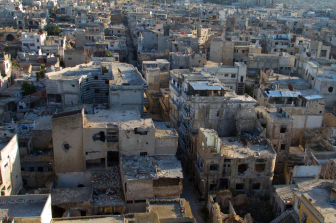Theresa May urged Christians to talk openly about their faith as she visited Jesus House – one of the largest black-majority Pentecostal churches in the UK – on Sunday.
The Prime Minister was interviewed by Pastor Agu Irukwu in front of thousands at the north London megachurch and was asked about black and ethnic representation in parliament, Christian persecution and marriage.
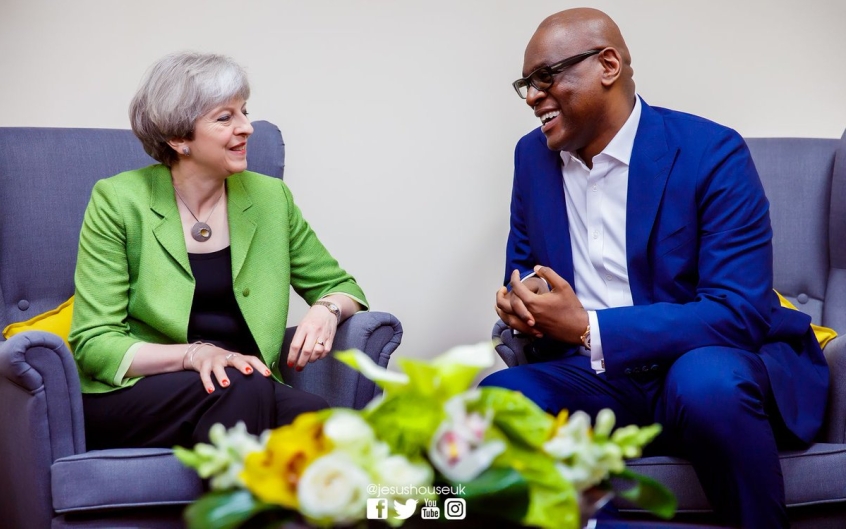
Addressing concerns about a clampdown on Christians being able to voice their beliefs, May told the congregation: 'One of the things I think we can all do in terms of faith is to give very clear signs of our faith and be prepared to talk about it so that people can see that that freedom exists and also so there will be roles models for people to look to and to follow.'
But May faced criticism from LGBT activists for meeting Pastor Agu, who has spoken strongly against homosexuality and gay marriage.
Peter Tatchell, human rights campaigner and a staunce supporter of LGBT rights, said the prime minister had 'recklessly colluded with homophobic Christian extremists'.
He told the I newspaper: 'Theresa May's deliberate, conscious decision to visit Rev Irukwu at Jesus House is a slap in the face to black LBGT people.
'This church and pastor have a long record of opposing LGBT equality and preaching against the human rights of LGBT Africans.
'Their teachings fuel self-hatred and mental ill-health in our black African LGBT communities. The Prime Minister has recklessly colluded with homophobic Christian extremists.'
Pastor Agu has repeatedly spoken against gay marriage, warning in a 2006 letter to the Telegraph that the Sexual Orientation Regulations were an affront to Christians.
A Conservative spokesman said: 'As Pastor Agu said himself in his sermon on Sunday, 'we are called to love all, irrespective of the person's ethnicity, the person's background, the person's sexual orientation'.
'Theresa May has a strong record on LGBT+ equality, and has been clear that under her leadership, we remain committed to advancing equality for LGBT+ people at home and abroad.
'It's not for the Government to tell people what to believe. The law is clear – discrimination on the grounds of sexuality or gender identity is unacceptable.'
In a wide ranging interview with the pentecostal leader, May said her upbringing in a vicarage had helped in her role as an MP.
'What I learnt from my parents – particularly my father, was the importance of treating every human being equally, not making assumptions and actually recognising that we are all human, we come from different backgrounds, different interests, different problems.
'However, his job was to serve everybody and that's the message that I hope that I have kept with me from my time in the vicarage.'
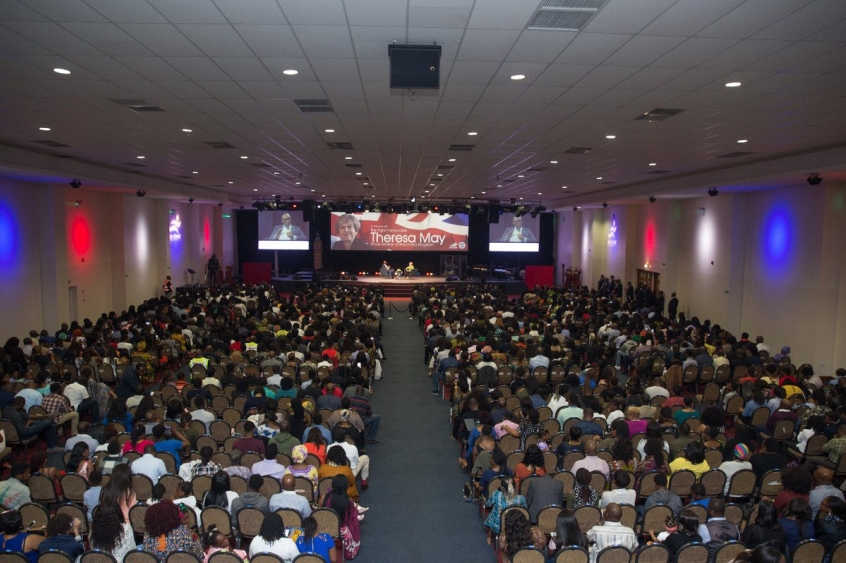
Asked what she would do to increase the number of black and ethnic MPs, the PM said: 'I've always said Parliament will make better decisions if it has a greater diversity of people because if you have people who have all got the same background then the decisions won't be as good as if you have people bringing different experiences, different backgrounds into the House of Commons.
'I would hope you would have some young people here in your church who will see being an MP as something they can do to give back to society and to work actively to improve the lives of others.'
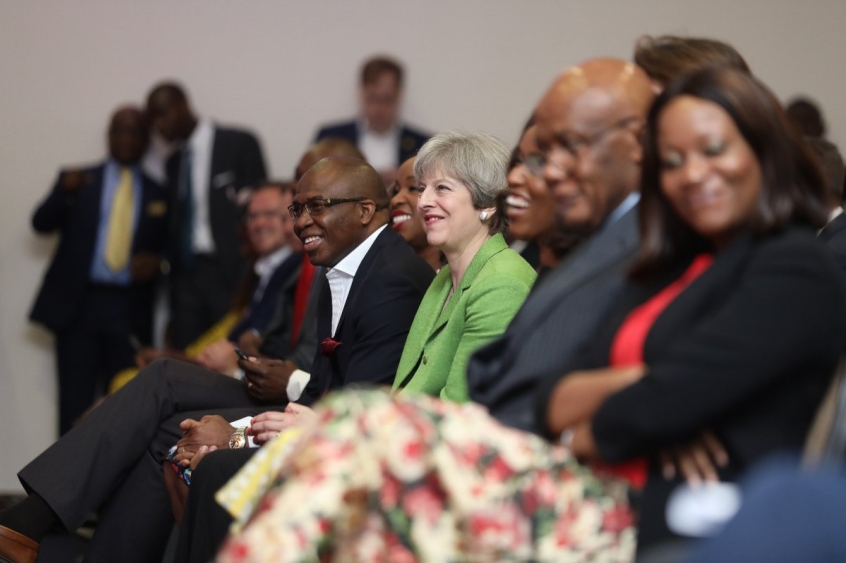
Quoting figures from persecution charity Open Doors, Pastor Agu asked what the UK could do to protect Christians overseas.
The PM pointed to diplomacy through the Foreign Office and embassies and said lessons could be learnt from the message about stamping out modern slavery.
'We should do the same in terms of encouraging freedom of belief and challenging where we see that persecution happening.'
A largely socially conservative church, Pastor Agu then asked about perceived threats to marriage and family life with the introduction of same-sex marriage.
May said: 'I think you can do quite a lot of work here in the church with some of your groups and outreach – but one of the things we are doing is ensuring that there is good relationship training in schools so that children can learn how to relate to each other and learn to understand the importance of those relationships for the future.'
